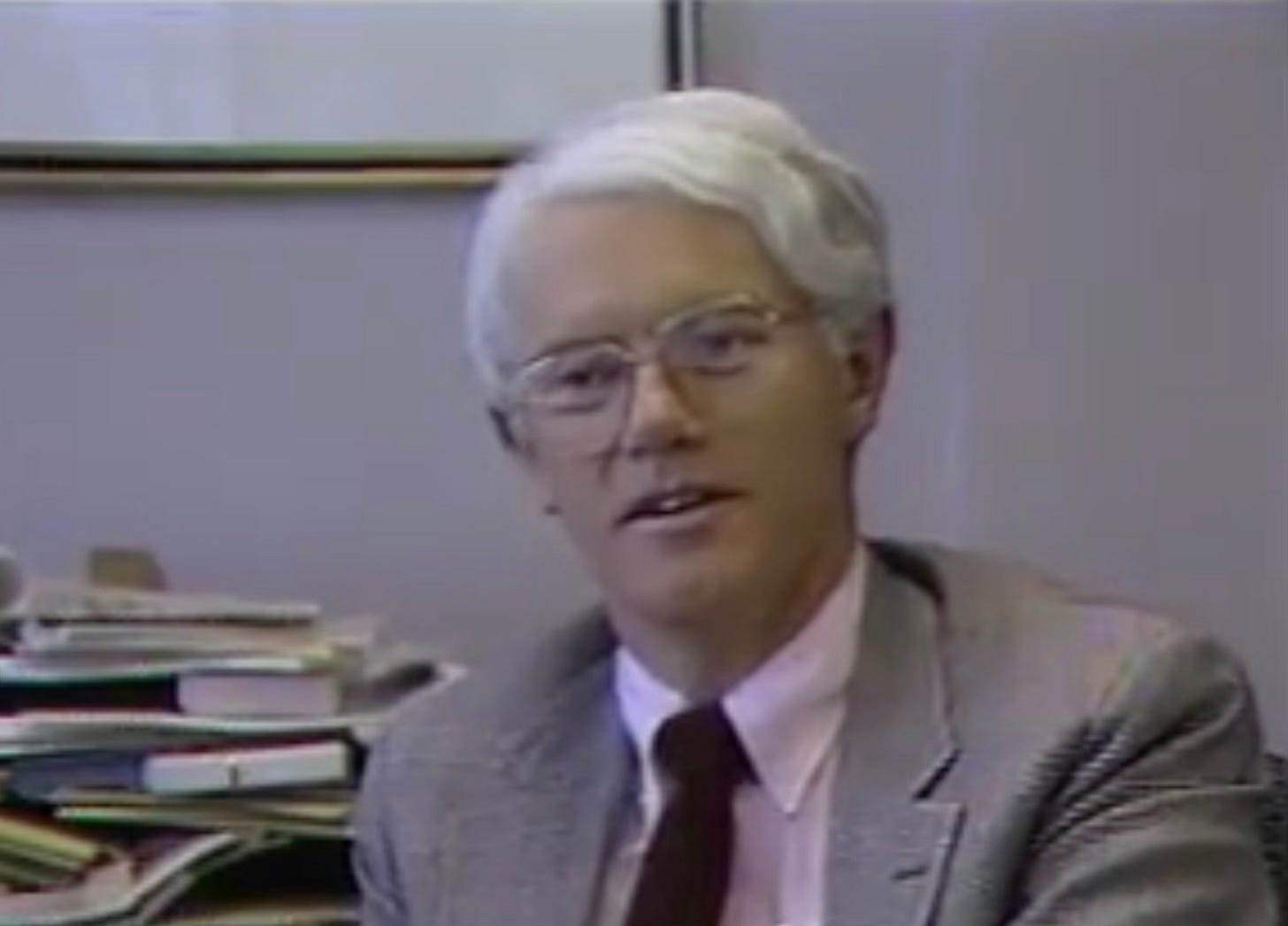Uncommon Sense: Peter Lynch on Folly, Future Man, and Family
“People are buying options as to whether Sears is going to go up or down in the next three months," says Lynch. "That’s a tragedy. It’s really like betting on red or black at the casino."
Peter Lynch is one of a kind.
Back in 1990, at the height of one of the most audaciously successful runs in money management history, Lynch called time and walked off into the sunset of retirement.
The 46-year-old handed over the keys to the Magellan Fund — which he had nurtured from a $20 million afterthought into the $14 billion colossus of mutual funds — and never looked back. Lynch’s 29.2% compounded annual return over thirteen years atop Magellan is still the stuff of legend.
And, yet, he chose to leave it all behind in order to spend more time with his family.
I find it fascinating to study a person’s words and actions at especially pivotal moments from his or her life. When decisions are still fresh and before hindsight polishes the edges into a neatly-packaged narrative. It’s in those unprocessed moments that you can really learn something about the subject at hand.
As such, one Peter Lynch interview really sticks with me.
On April 13, 1990, just two weeks after the big announcement, Lynch sat down with WGBH Boston to explain why “The Midas Who Made Magellan” had chosen the path that few other champions of the money game ever have the courage to follow.
(Even though the following article covers the most relevant quotes and lessons from this WGBH interview, I have also transcribed the entire seven-minute discussion and included it below as a downloadable PDF.)
Everyone wanted to know why Peter Lynch would make such an abrupt exit — as if the stated reason of spending more time with family was not enough. Some speculated that he feared tarnishing his mind-boggling investment record with any inevitable reversion to the mean. Others thought that he spied recessionary storm clouds on the horizon and was getting out while the getting was good.
Lynch, for his part, never wavered. There were no hidden agendas or motives. Just a father choosing family over (even more) fortune.

